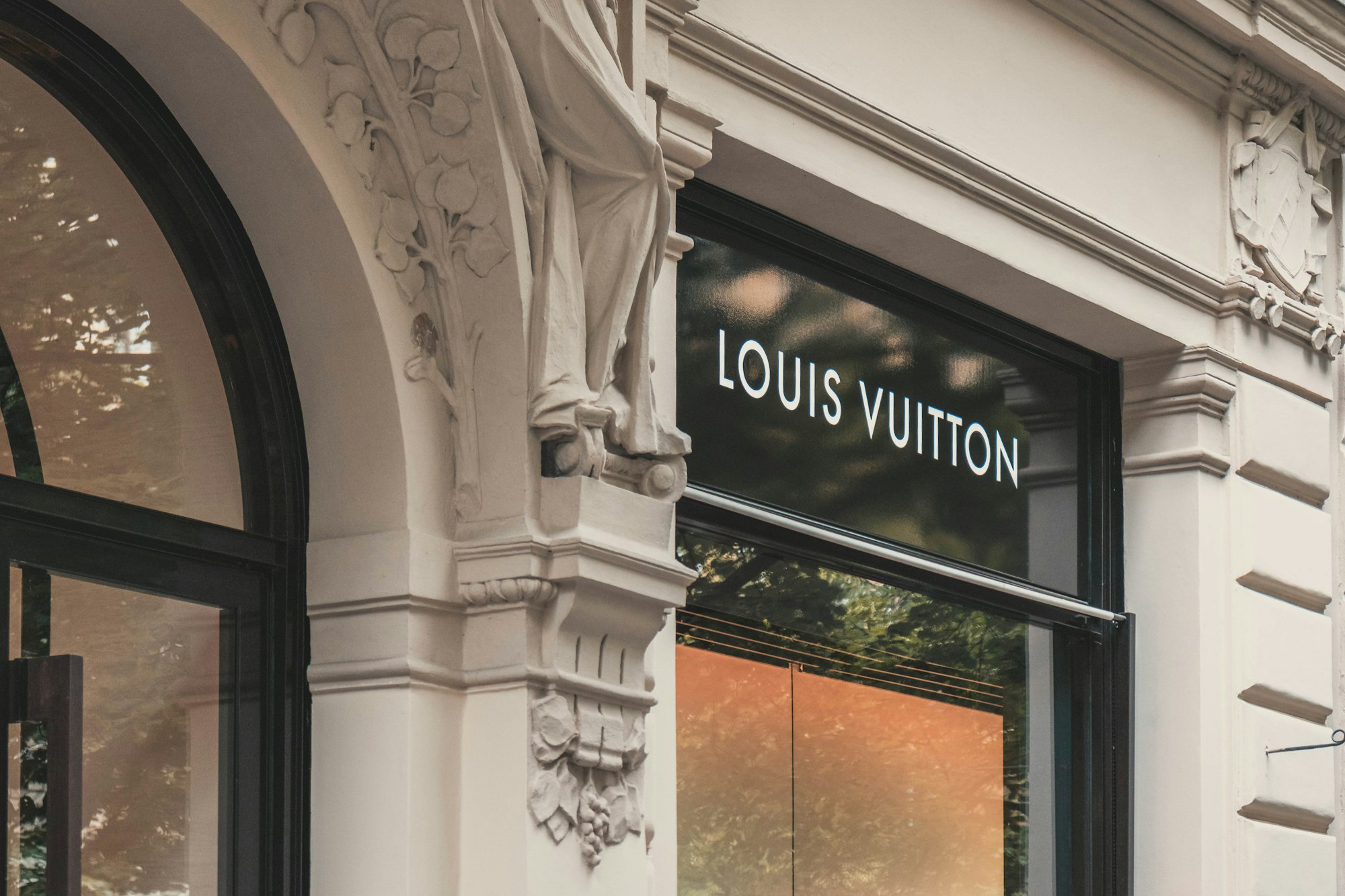U.S. Luxury Spending Cools as Inflation Squeezes Younger Shoppers
Recent credit-card data indicates a notable slowdown in U.S. luxury spending, especially among younger consumers who are feeling the impact of inflation. According to Thomas Chauvet, a luxury analyst at Citi, Americans spent 19% less in June compared to the same month the previous year. This decline in spending has been observed for at least six months and affects both domestic and overseas luxury purchases.
- The cooling luxury market in the U.S. has also been reflected in the financial performance of major luxury brands. Richemont, the owner of Cartier, reported slightly lower than expected first-quarter sales, citing the slowdown in the luxury market as a contributing factor.
- This announcement caused Richemont's shares to plummet by 10% on the day of the report, and the effects were felt throughout the industry, impacting companies like LVMH and Hermès.
- LVMH's Mr. Guiony acknowledged that part of the spending decrease may be attributed to customers who had relied on government support during the Covid-19 pandemic.
- Luxury brands, in recent times, have attempted to appeal to a broader consumer base by offering products at different price points, making them more susceptible to economic fluctuations that also affect other consumer goods companies.
LVMH Sales And Profits Rise
Despite the overall slowdown in luxury spending, LVMH reported a 17% increase in organic sales for the second quarter compared to the same period last year. The company's revenue reached 42.2 billion euros (approximately $46.6 billion) for the six months ending June 30, marking a 15% rise, and net profit grew by 30% to 18.5 billion euros for the same period. Remarkably, LVMH achieved an operating margin of 27.4%, even with increased investments in advertising, promotions, and large-scale fashion shows.
- Leading luxury brands within LVMH, such as Louis Vuitton and Dior, played a crucial role in driving a 20% sales increase in the company's largest division, fashion and leather goods.
- However, the wine and spirits division faced some pressure due to weaker sales of cognac in the U.S.
Travel And International Sales
According to LVMH's Chief Financial Officer, Jean Jacques Guiony, the recent slowdown in sales can be attributed to Americans choosing to vacation in Europe and indulge in luxury shopping in cities like Paris, Rome, or London instead of their home country. This shift in consumer behavior has had a significant impact, as evidenced by the 18% increase in LVMH's sales in Europe during the second quarter, with tourists accounting for nearly half of that growth.
- This trend of Americans flocking to Europe for luxury purchases was also observed last year, leading to a partial cannibalization of sales in the U.S.
- In stark contrast to the U.S. market, China presented an entirely different scenario. LVMH reported a substantial 17% sales rise overall, driven by an impressive 34% surge in Asia (excluding Japan).
- Guiony pointed out that despite indications of a broader economic slowdown in China, luxury spending remains robust, especially after the lifting of lockdowns in late last year.
- The company's Bulgari jewelry brand, known for its popularity in Asia, delivered strong performance during the quarter. However, Tiffany, which relies more heavily on the U.S. market, experienced a weaker period.
It's noteworthy that a significant portion of Chinese luxury purchases used to occur in Europe; however, there has been a notable shift, and a considerable share of these purchases are now happening within China.
Disclaimer
Please note that Benchmark does not produce investment advice in any form. Our articles are not research reports and are not intended to serve as the basis for any investment decision. All investments involve risk and the past performance of a security or financial product does not guarantee future returns. Investors have to conduct their own research before conducting any transaction. There is always the risk of losing parts or all of your money when you invest in securities or other financial products.
Credits
Photo by Christian Wiediger / Unsplash.






